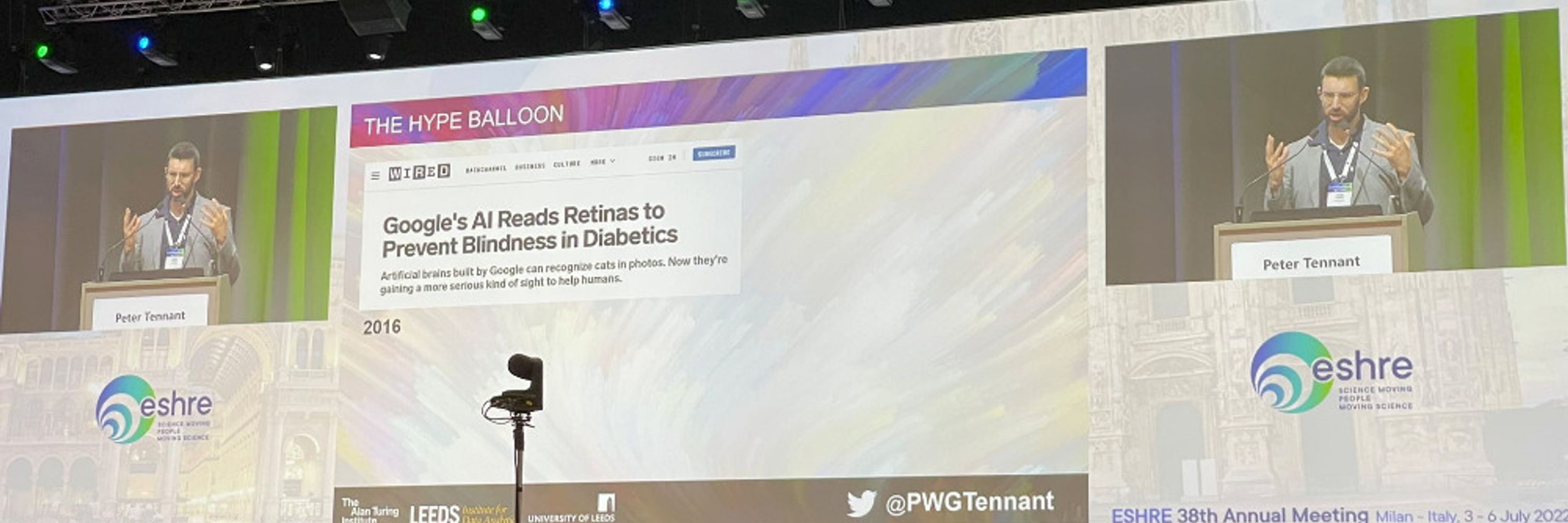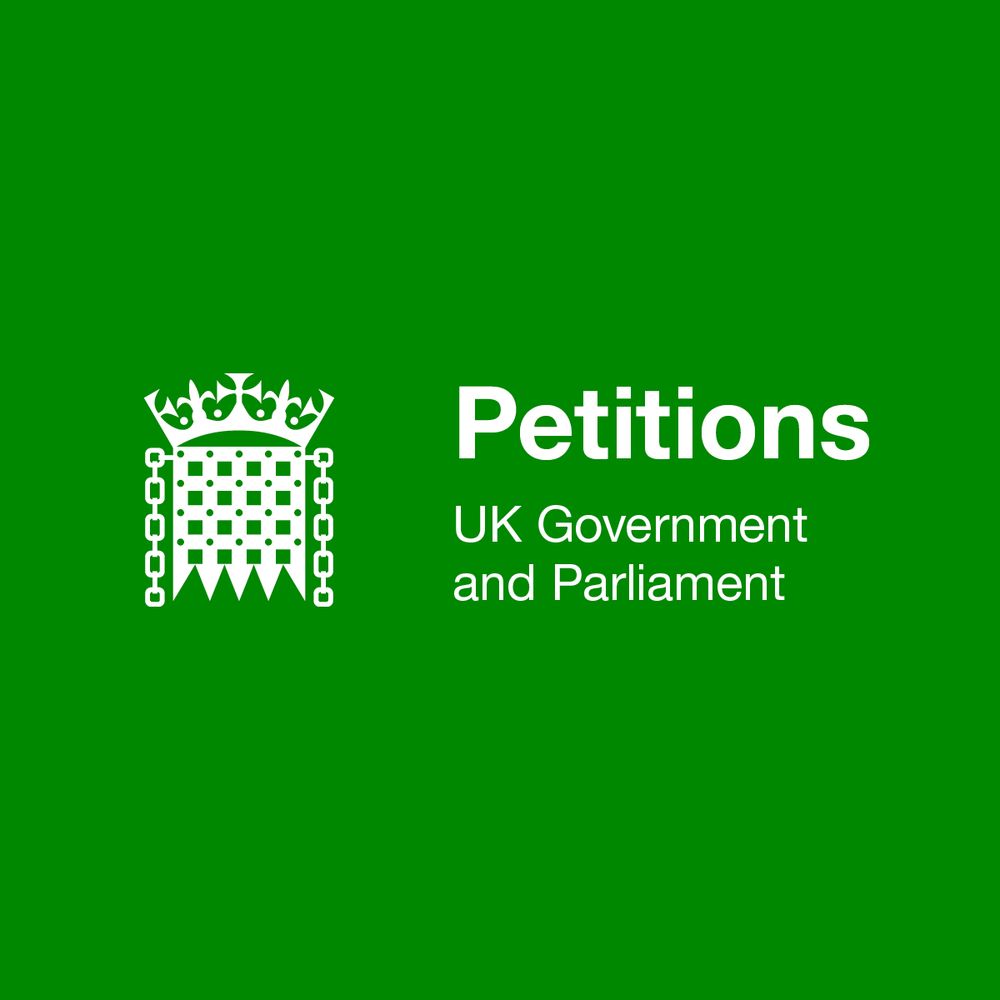
Check out my Intro to Causal Inference Course: https://www.causal.training/
#Epidemiology, #EpiSky, #CausalInference, #CausalSky, #AcademicSky

For those in London on 15 Dec 2025, don't miss this fun in person debate between me and David Bann sponsored by @ncrm.ac.uk!
Will the arguments change anyone's mind? 🤔
Sign up to attend IN PERSON: www.eventbrite.co.uk/e/is-ai-the-...
Intro: need to know about mechanism
Conclusion: the mediator is another place to intervene to reduce Y
So the question is rarely really about mechanisms to begin with.
Intro: need to know about mechanism
Conclusion: the mediator is another place to intervene to reduce Y
So the question is rarely really about mechanisms to begin with.
https://www.timeshighereducation.com/news/international-student-levy-set-ps925-student-2028

Because, whatever it is, at least you didn't leak the Budget!
(Unless you're the person who leaked the budget. In which case, maybe take the rest of the day off)
- £22BN of headroom
- £26bn tax rises
- Freeze on tax thresholds
- Pay per mileage confirmed
- Changes to capital gains
Because, whatever it is, at least you didn't leak the Budget!
(Unless you're the person who leaked the budget. In which case, maybe take the rest of the day off)
When they say ‘exiting the market’ do they mean closing?
When they say ‘exiting the market’ do they mean closing?
We deserve so much better from our politicians.
We deserve so much better from our politicians.
Can we not just say 'competent person with skills & experience'?
www.gov.uk/government/n...

Can we not just say 'competent person with skills & experience'?
petition.parliament.uk/petitions/74...

petition.parliament.uk/petitions/74...
For example, a few minutes walk from my flat I used to be able to find:
🐂 People riding bucking bullocks bareback
🤷🏻♀️ An irrepressible Australian jackass, the limit in perversity (!)
🦘 A boxing kangaroo called Bob
Now there is just Wetherspoons.

For example, a few minutes walk from my flat I used to be able to find:
🐂 People riding bucking bullocks bareback
🤷🏻♀️ An irrepressible Australian jackass, the limit in perversity (!)
🦘 A boxing kangaroo called Bob
Now there is just Wetherspoons.
And every time they ask someone about tax rises or spending cuts they should ask "was Brexit worth it for this?"
And every time they ask someone about tax rises or spending cuts they should ask "was Brexit worth it for this?"
RTs appreciated.
RTs appreciated.
make it stop

make it stop
Two colleagues have told me they now have an explicit conversation at the beginning of every new project to establish a clear agreement on what is/not acceptable to all partners.
Two colleagues have told me they now have an explicit conversation at the beginning of every new project to establish a clear agreement on what is/not acceptable to all partners.
They deleted the line in which I describe Donald Trump as “the most openly corrupt president in American history.” /1
They deleted the line in which I describe Donald Trump as “the most openly corrupt president in American history.” /1
xkcd.com/3172/

This is often caused by the desire to formulate “action” relevant to people’s lives but ends up blaming individuals for things not in their control
This is often caused by the desire to formulate “action” relevant to people’s lives but ends up blaming individuals for things not in their control
For those near Leeds, bring your laptop and enjoy this as an in-person session!
Sign-up before 9am on Thursday 27th via: www.eventbrite.co.uk/e/introducti...

For those near Leeds, bring your laptop and enjoy this as an in-person session!
Sign-up before 9am on Thursday 27th via: www.eventbrite.co.uk/e/introducti...
university fees #TomorrowsPapersToday

Please sign and share 🙏
petition.parliament.uk/petitions/74...

Please sign and share 🙏
petition.parliament.uk/petitions/74...


